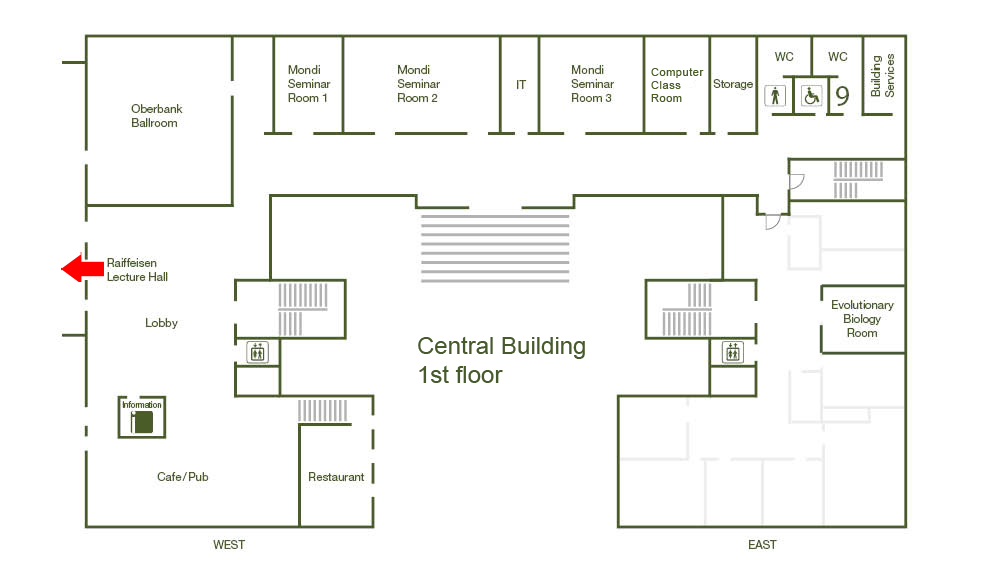Necrophagy, coprophagy, DaNGeRous indigestion and immunity to cancer

Innate and adaptive immunity work concertedly in vertebrates to restore homeostasis following pathogen invasion or other insults. Like all homeostatic circuits, immunity relies on an integrated system of sensors, transducers and effectors that can be analysed in cellular or molecular terms. At the cellular level, T and B lymphocytes act as an effector arm of immunity that is mobilised in response to signals transduced by innate immune cells that detect a given insult. These innate cells are spread around the body and include dendritic cells (DCs), the chief immune sensors of pathogen invasion and tumour growth. At the molecular level, DCs possess receptors that directly sense pathogen presence and tissue damage and that signal to control antigen presentation and/or to regulate a plethora of genes encoding effector proteins that regulate immunity. The lecture will focus on understanding how DCs integrate environmental signals to drive immunity to cancer, with applications in immunotherapy.
References:
Giampazolias, E. et al. Vitamin D regulates microbiome-dependent cancer immunity. Science 384, 428–437 (2024).
Minutti, C. M. et al. Distinct ontogenetic lineages dictate cDC2 heterogeneity. Nat. Immunol. 1–14 (2024) doi:10.1038/s41590-024-01745-9.
Henry, C. M., Castellanos, C. A. & Reis e Sousa, C. DNGR-1-mediated cross-presentation of dead cell-associated antigens. Semin Immunol 66, 101726 (2023).
Cabeza-Cabrerizo, M., Cardoso, A., Minutti, C. M., Pereira da Costa, M. & Reis e Sousa, C. Dendritic Cells Revisited. Annu Rev Immunol 39, 131–166 (2021).
Cabeza-Cabrerizo, M. et al. Recruitment of dendritic cell progenitors to foci of influenza A virus infection sustains immunity. Sci Immunol 6, eabi9331 (2021).
Giampazolias, E. et al. Secreted gelsolin inhibits DNGR-1-dependent cross-presentation and cancer immunity. Cell 184, 4016-4031.e22 (2021).
Canton, J. et al. The receptor DNGR-1 signals for phagosomal rupture to promote cross-presentation of dead-cell-associated antigens. Nature Immunology 22, 140–153 (2021).